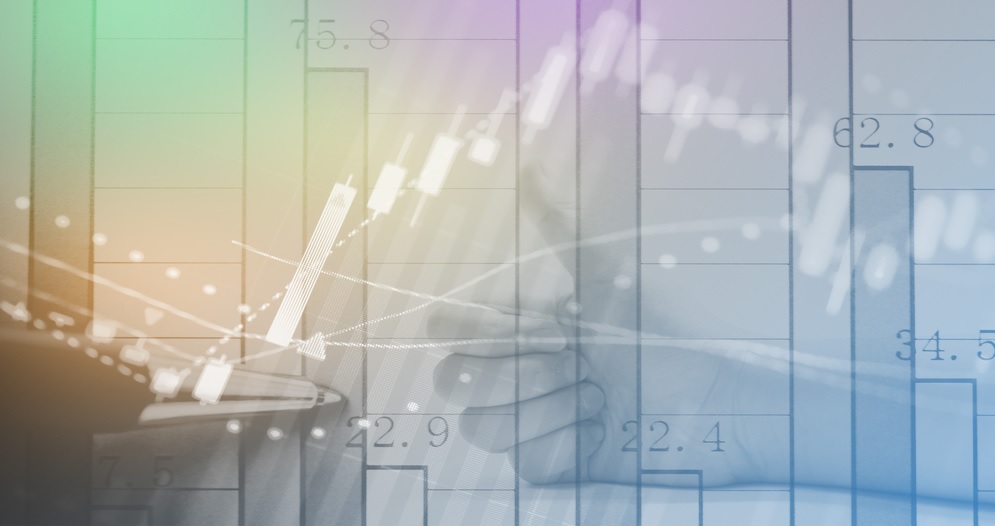While leverage can be applied to great effect in boosting your trading returns, it also comes with a series of disadvantages, and is by no means a sure-fire way of making money. Leveraged positions can lead to a total wipe-out of your trading balance, and many traders over the years have found themselves falling victim to the negative effects of leverage, leading to significant losses without proper management of their risk. For this very reason, it’s important to make sure you understand the disadvantages of leverage, and take care to ensure you don’t fall victim to overexposure when the markets inevitably turn sour.
1. Potential Scale of Losses
The primary and widest feared drawback of leverage is its potential to scale up losses when the going gets tough. Leverage works by extending your exposure to a particular position beyond the level of your investment, and as such opens up the potential for larger wins.
When markets move against your open positions, be it with margined CFD trading, spread betting, forex trading or any other leveraged transaction, this also means you’re increasing liability to match losses from the total trade (rather than the fractional amount of your investment), not to mention the interest costs associated with holding leveraged positions for any period of time, and the higher commission costs applicable per transaction.
For example, if a leveraged long position on Company X is taken to the value of $1,000, with an initial investment of $50, the trader has the opportunity to reap a profit on the increase in value of the $1,000 position. However, if the $1,000 position falls in value by 10%, the trader becomes liable for the $100 loss in value – even although his initial stake was only $50. Indeed, liability on the downwards side is unlimited, and it is up to the trader to close out losing positions before the broker does it on your behalf, potentially at the expense of other profitable positions and your remaining trading balance.
2. Losses Can Exceed Your Deposit
As if that wasn’t enough, your exposure to leveraged positions is not limited to the amount of your trade, nor is it limited to the balance of your trading account. To the extent to which your liability extends your trading balance, your broker may demand further deposits to covered the stipulated margin requirement, known as a ‘margin call’. However you intend use leverage in your trading, it’s vital to make sure you keep your trading within tight, affordable parameters, and that you take steps to minimise your risk exposure whenever possible to avoid a leveraged catastrophe.
One of the core means by which you can minimise risk when trading on leverage is to set tight stop losses, automatic orders which instruct the broker to close out losing positions when they reach a certain trigger. The idea is to set stops at a limit that is just below the recent lowest price point, such that your position will be reversed if the value of your transaction falls to a new low. While it can be galling to watch a position flip against you and close in a matter of minutes, it is nonetheless worth having a stop in place to prevent runaway losses, and to allow you to focus on other areas of your portfolio without having to pay constant attention to the possibility of rampant, leveraged losses.
3. Leverage Financing Costs
Leveraged positions can also often prove themselves to be untenable, particularly if they’re rolling overnight, and are ongoing positions with a longer-term focus. Long-term positions with margined products can become too expensive if the costs of funding the leverage outstrip the potential profits to be gained, and it is worth bearing in mind the applicable costs that might come to bear the longer a position is open.
Provided all that hasn’t put you off, leverage can be a fantastic tool when used properly, and plays a pivotal role in the strategies of most serious traders worldwide. With the appropriate attitude to risk, and a cautious approach to diversifying your trading portfolio, leverage can provide the rocket fuel necessary to multiply your investment capital and take your trading to the next level.

Leave a Reply